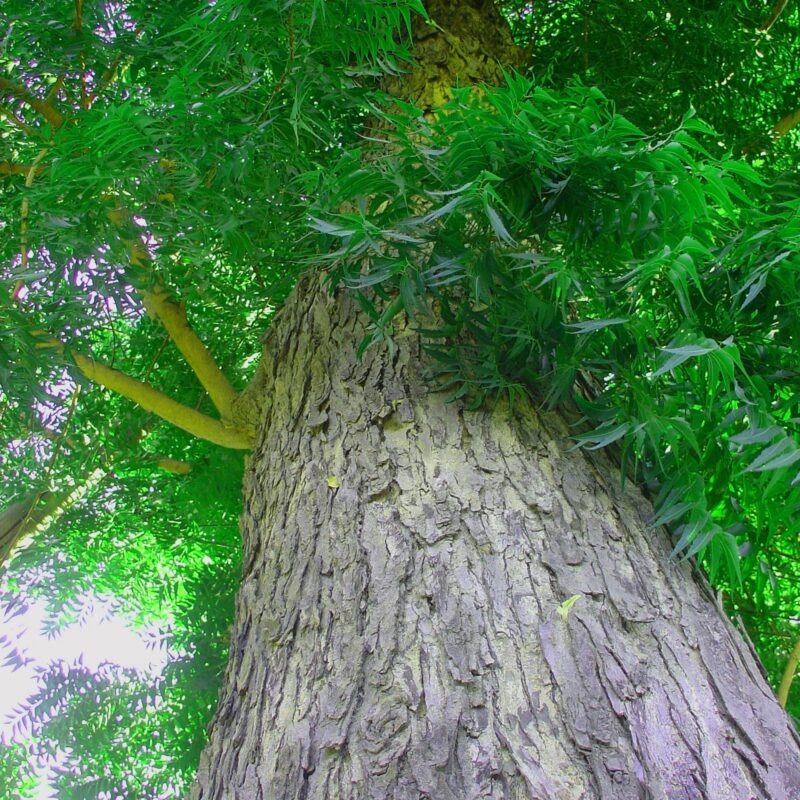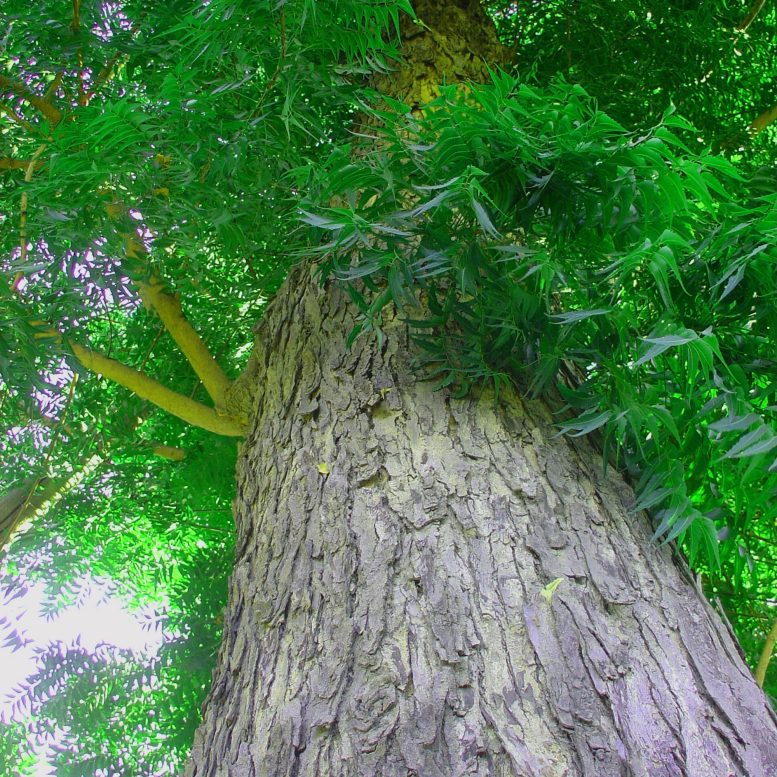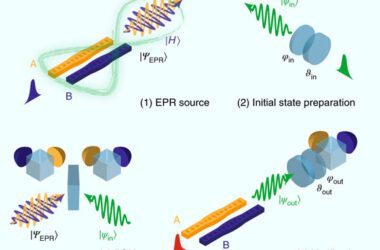De nouvelles recherches révèlent que les médicaments à base de Neem pourraient aider à combattre les futures variantes du coronavirus.
Un extrait de l’écorce de l’arbre Neem pourrait aider à traiter et à réduire la propagation du coronavirus, selon une nouvelle étude menée par des scientifiques de l’Université du Colorado Anschutz Medical Campus et de l’Indian Institute of Science Education and Research Kolkata.
L’étude, rapportée récemment dans le journal Virologie, montre que les composants de l’écorce de Neem peuvent cibler un large éventail de protéines virales, ce qui suggère son potentiel en tant qu’agent antiviral contre les variantes émergentes des coronavirus (y compris SARS-CoV-2).
The Neem tree, indigenous to India, has been used for thousands of years for its anti-parasitic, anti-bacterial, and antiviral properties. The bark extract has helped treat malaria, stomach, and intestinal ulcers, skin diseases, and many other diseases.
Neem-based medications for treating emerging variants
“The goal of this research is to develop a Neem-based medication that can reduce the risk of serious illness when someone is infected with coronaviruses,” said study co-author Maria Nagel, MD, research professor in the department of neurology and ophthalmology at the University of Colorado School of Medicine on the CU Anschutz Medical Campus.
“We hope that scientists won’t have to continuously develop new therapies every time a new SARS-CoV-2 variant emerges,” she said. “Just like how we take penicillin for strep throat, we envision taking the Neem-based drug for COVID, allowing us to resume our normal lives without fear of hospitalization and death.”
The scientists investigated the impact of the bark extract against coronaviruses in their laboratories. In India, researchers tested it in animal models and showed that it had antiviral properties against coronavirus. Using computer modeling, the researchers predicted that Neem bark extract will bind to the SARS-CoV-2 spike protein at various locations, preventing virus entry to host cells.
At CU Anschutz, Nagel’s lab tested the Neem bark extract in SARS-CoV-2 human lung cells. It proved as effective as a preventive drug for infection and also decreased virus replication and spread after infection.
Combatting the ongoing pandemic
“The next step in our research is to identify the specific components in Neem bark extract that are antiviral. Because these components bind to various regions of SARS-CoV-2, we believe that it will be effective on emerging variants with spike mutations,” said Nagel. “We will then determine the formulation of dosage for an antiviral drug to treat coronavirus infections.”
The scientists said this research could guide new antiviral therapeutic efforts to combat the ongoing pandemic, while holding out the promise for treating new coronavirus strains.
Reference: “Azadirachta indica A. Juss bark extract and its Nimbin isomers restrict β-coronaviral infection and replication” Lucky Sarkar, Lauren Oko, Soham Gupta, Andrew N. Bubak, Bishnu Das, Parna Gupta, Abass Alao Safiriyu, Chirag Singhal, Ujjwal Neogi, David Bloom, Arup Banerjee, Ravi Mahalingam, Randall J. Cohrs, Michael Koval, Kenneth S. Shindler, Debnath Pal, Maria Nagel and Jayasri Das Sarma, 15 February 2022, Virology.
DOI: 10.1016/j.virol.2022.01.002




